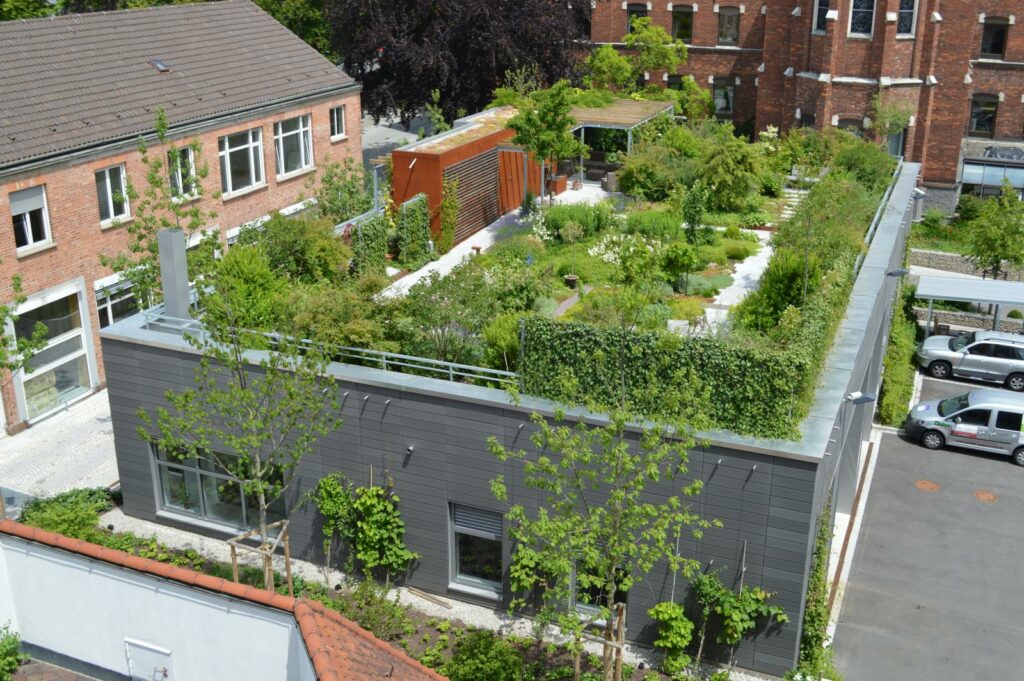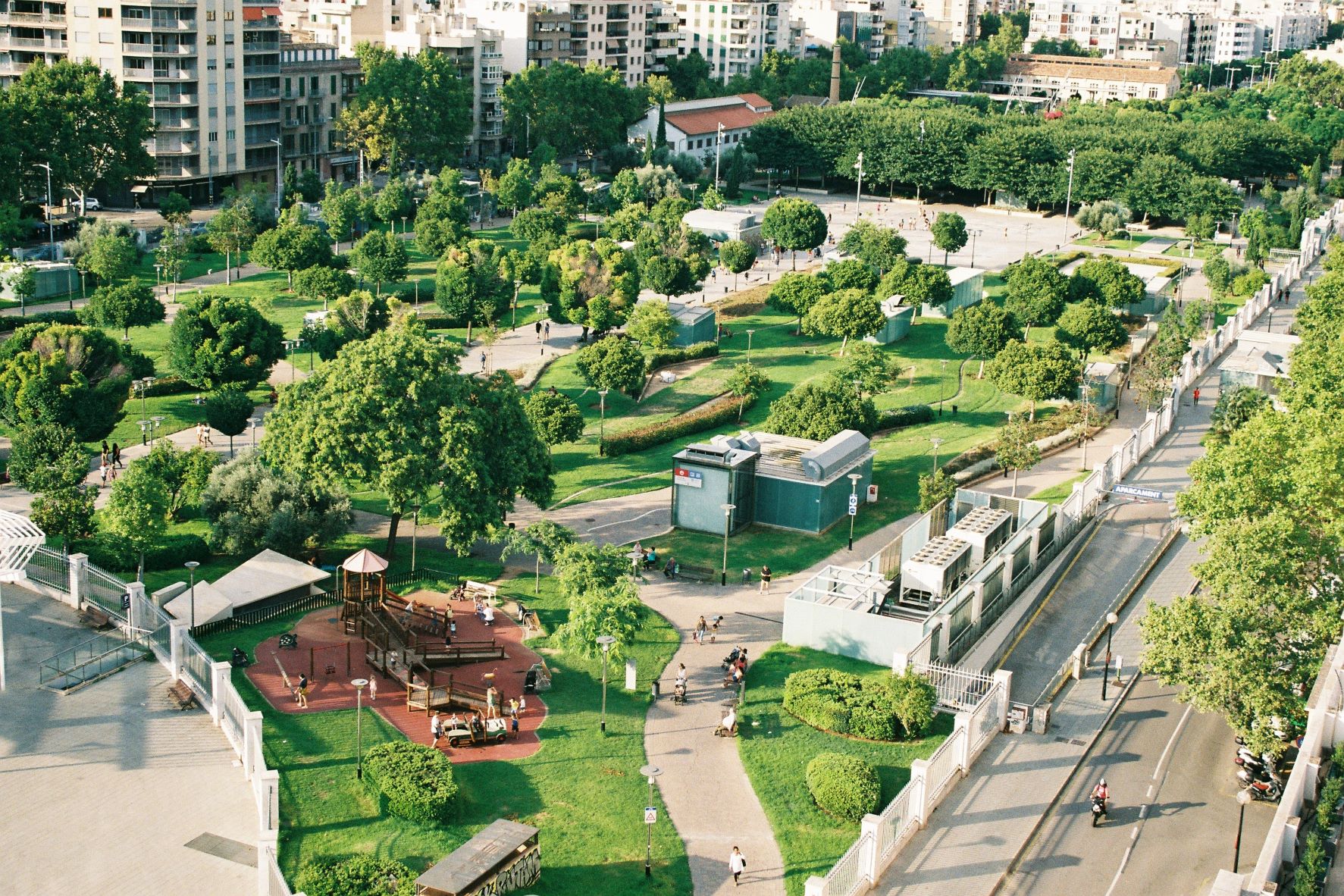The Urban Nature Atlas (UNA) is a wide opensource database funded by European Union’s Horizon 2020 which “aims to inform, inspire and enable everyone interested in bringing their transformative power to bear on the cities of the future”. Started in 2017 by the Central European University in collaboration with the Ecologic Institute and the Durham University, the Atlas gathers experiences of nature-based solutions in order to provide a basis for the analysis of socio-economic and innovation patterns associated with the implementation of urban ecosystems in Europe.
But what are the nature-based solutions? According to the European Commission, they are “inspired and supported by nature, are cost-effective, simultaneously [they] provide environmental, social and economic benefits and help build resilience. Such solutions bring more, and more diverse, nature and natural features and processes into cities, landscapes and seascapes, through locally adapted, resource-efficient and systemic interventions”. Nature-based solutions, therefore, increase biodiversity and support the delivery of a variety of ecosystem services.

The real innovation brought by the UNA is the capacity to provide an interactive online platform where inspiring cases of nature-based solutions are showcased and easily accessed. First data collection for the Atlas was led from June to August 2017 by CEU, Lund and Utrecht University with a systematic survey of nature-based solutions in 100 European cities. After this first phase, the database has been regularly incremented, and all existing examples have been reviewed and updated.
As of today, the platform hosts more than 1.000 nature-based solution case studies coming from all around the world (i.e. Boston, Mexico City, Sao Paolo, Cape Town and Melbourne) – experiences from 70 countries where nature-based solutions provide a concrete support to climate change mitigation and adaptation initiatives.

The Urban Nature Atlas (UNA) website is finally divided into sections where the case analysis and the methodology are explained. A map and some filters provide visitors a compelling insight on the projects.
Meant as a resource for policymakers, practitioners and those interested in nature-based solutions, the Atlas can be a useful tool both for the research, and more practically to inspire other cities to foster environmentally friendly solutions – a useful tool to share know-how and best practices across the world.
There is still the possibility to submit new nature-based solution projects to expand the map. Learn more!

